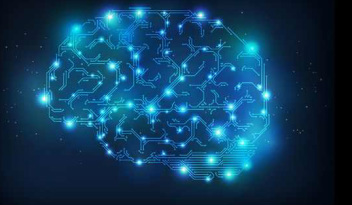|
|
Source: http://healthysleep.med.harvard.edu
|
Subscribe to our Coffee Break Newsletter |
SIMILAR MIND POWER ARTICLES:
Understanding Your Sleep Cycles Latest Research On Sleep Signs Of Sleep Deprivation |









